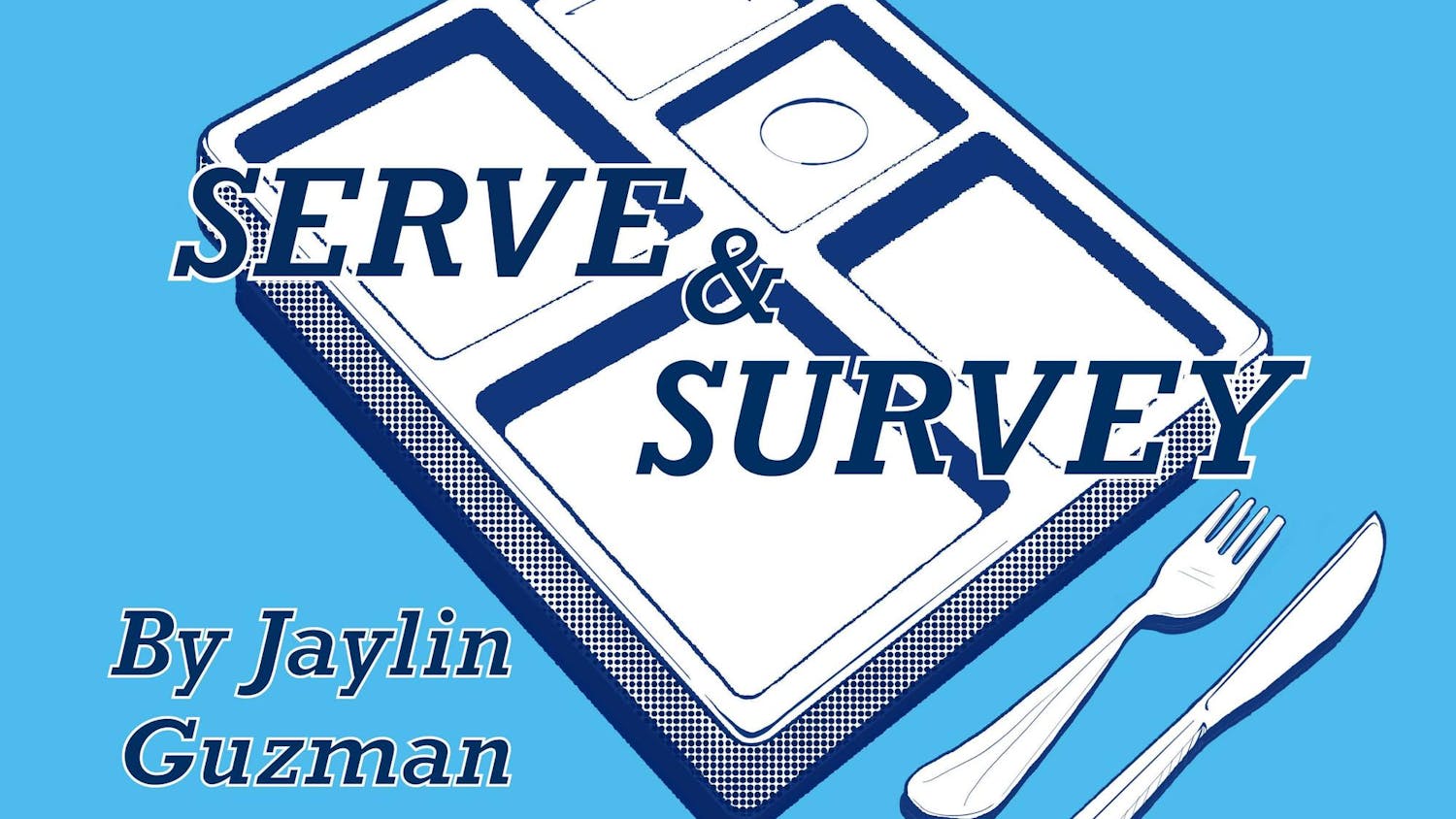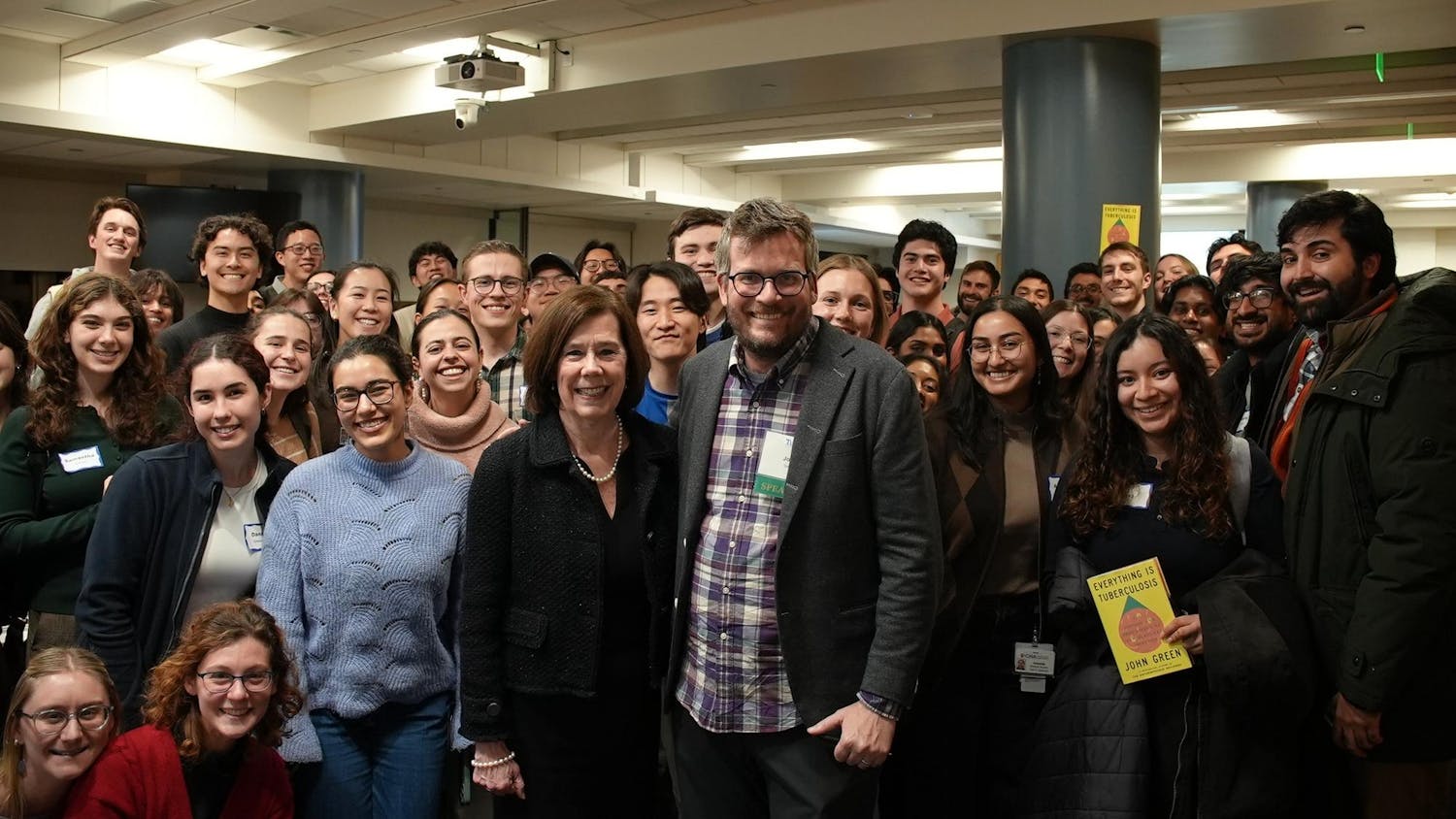Maybe it’s just the kind of publications I subscribe to on Facebook (The Mary Sue, Bitch Magazine, all that necessary stuff), but my newsfeed this week was inundated with pure rage over the first image of the upcoming American adaptation of Ghost In the Shell, one of my favorite films of all time. Ghost in the Shell, for the uninitiated, is a 1995 anime film directed byMamoru Oshii, one of anime’s most iconic directors. The film itself was incredibly influential in both Western and Eastern cinema, a haunting and philosophical sci-fi thriller which follows Major Motoko Kusanagi, a woman born organic but now inhabiting a fully cyborg body, as she hunts down a rogue sentient AI which seeks to be recognized as human. She spends the film questioning her own humanity and the very nature of sentience in her struggle to decide whose side she is really on. It all sounds like in the hands of the right director, this heady premise would do really well in an American adaptation. Well, all except for the fact that for the role of Kusanagi, they cast the very non-JapaneseScarlett Johansson.
The image shows Johansson looking very much like Kusanagi does in the animated film; cropped short black hair, wearing a bomber jacket, looking out a window. However, Johansson does not in any way look Japanese, nor is it known if the filmmaker’s will keep Kusanagi’s Japanese name or if the film will still take place in Japan. There have been unconfirmed rumors even, published by Screen Crush, that the producers tried using CGI to give Johansson more east Asian looking features, although Paramount denies this. Although Johansson plays the role of a butt-kicking female action star well, that isn’t to say there aren’t many, many east Asian actresses capable of the same role. Rinko Kikuchi, who has been doing fabulous work for quite some time now, is an actress many fans suggested as a substitute after her awesome performance as the robot pilot Mako Mori in Pacific Rim.
And all this really gets to the question; who owns a story? I don’t mean legally — surely Paramount paid well to adapt this movie. I mean in terms of who it represents. Does it belong to Masamune Shirow, the creator of the original manga on which the film is based on? Does it belong to Oshii, the director, or the other filmmakers who have made their own franchise spinoffs and sequels? Does it belong to the character herself, Kusanagi? She herself has an interesting relationship with her body; as a cyborg, she can inhabit any form she can have built, which is the partial root of her identity crisis.
Or does it belong to the audience? Paramount I think has decided this, that the audience deserve to see what they want. But their mistake lies in the fact, as always, that “the audience” does NOT mean “white people.” Someone here decided America still wasn’t ready to see an Asian person play an Asian character. And in a time where all American minorities are at best invisible, at worst demonized, is Scarlett Johansson’s Kusanagi really the story we need to be telling?
More from The Tufts Daily
The Full Court Press: Rooting for the red, white, blue
By
Noah Goldstein
| February 20
Serve & Survey: Emotionally editing humanity
By
Jaylin Guzman
| February 20





